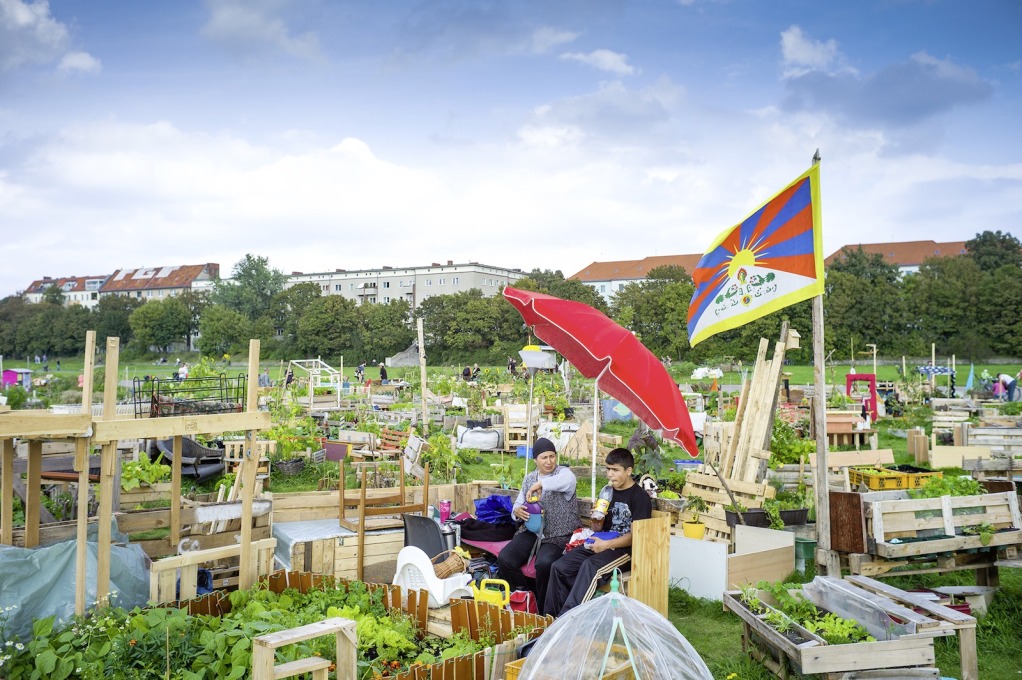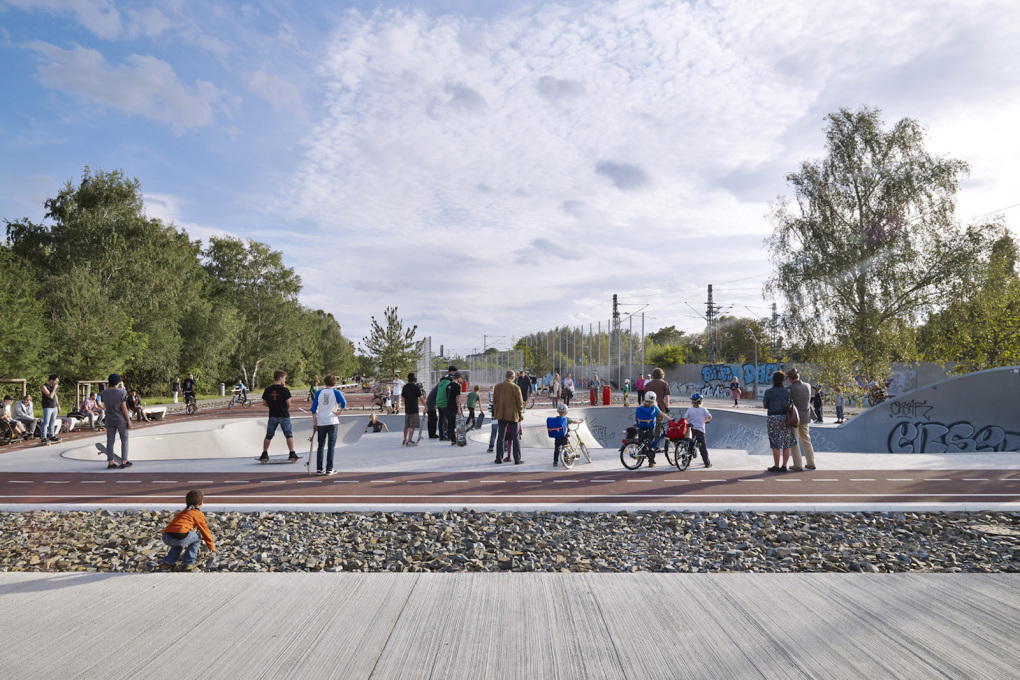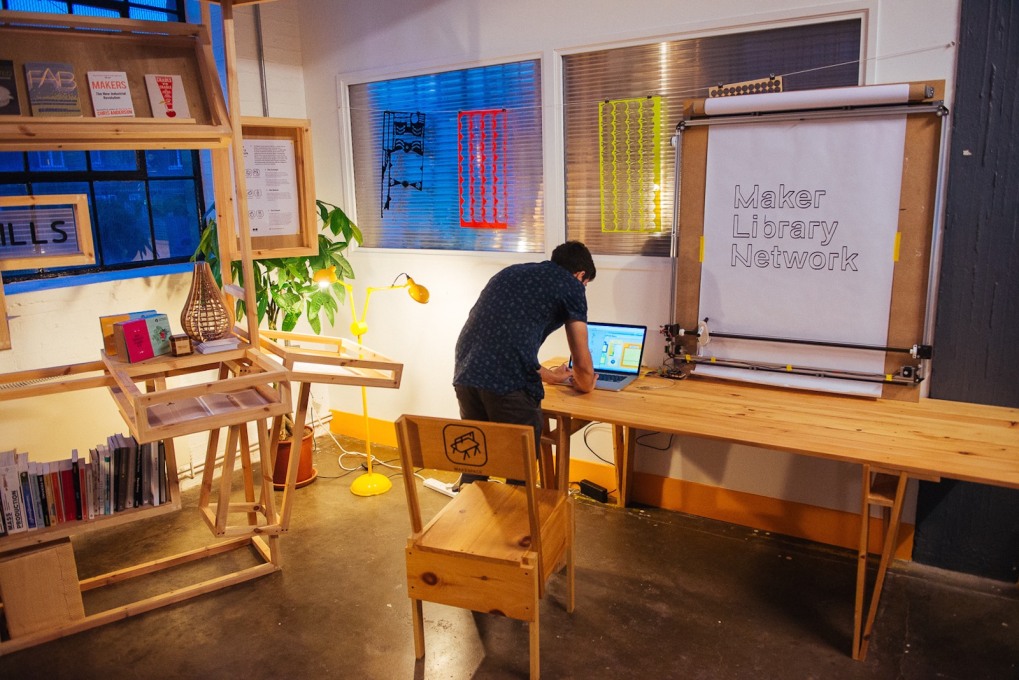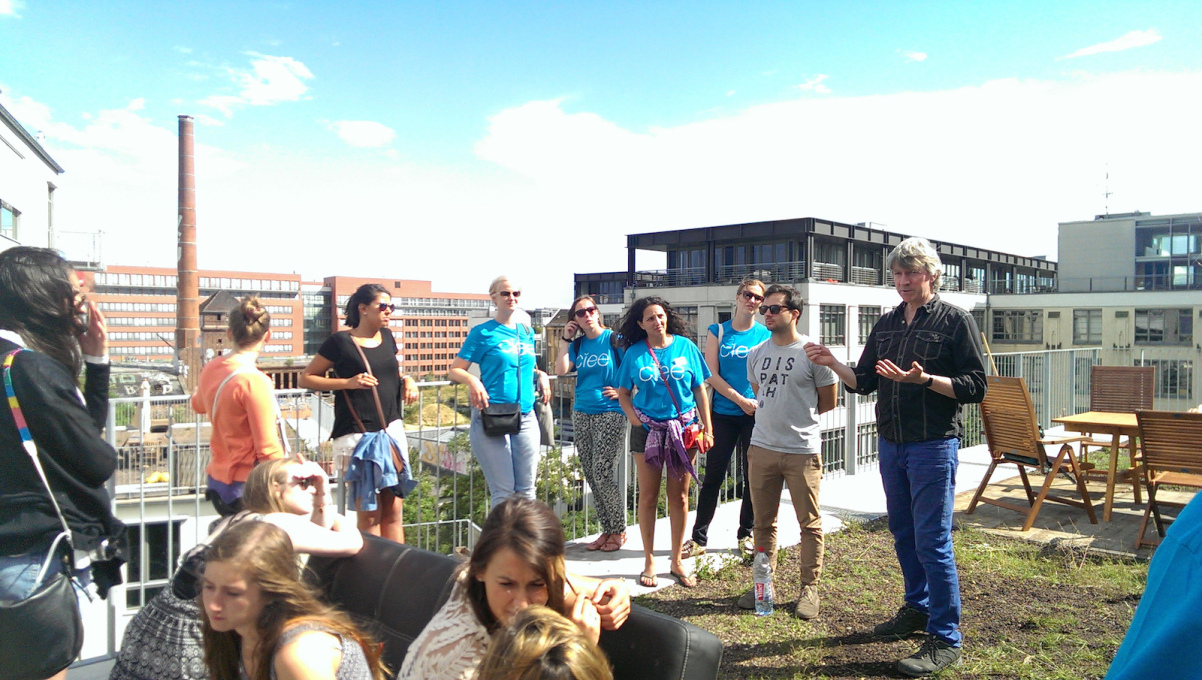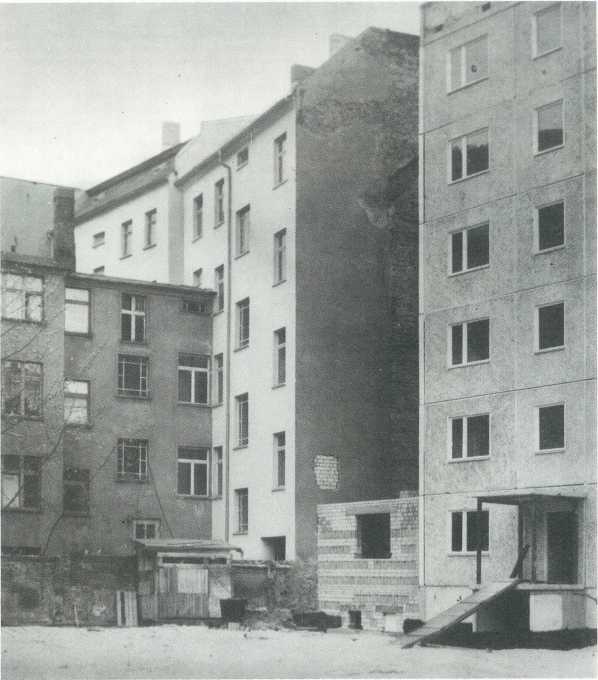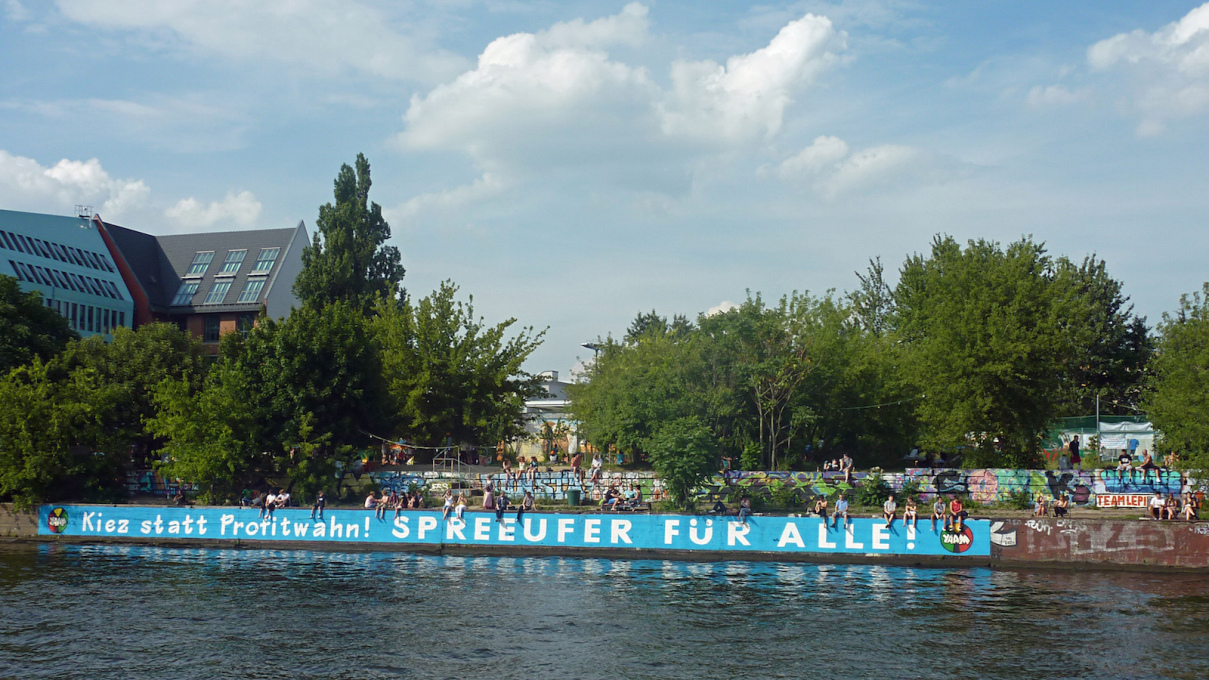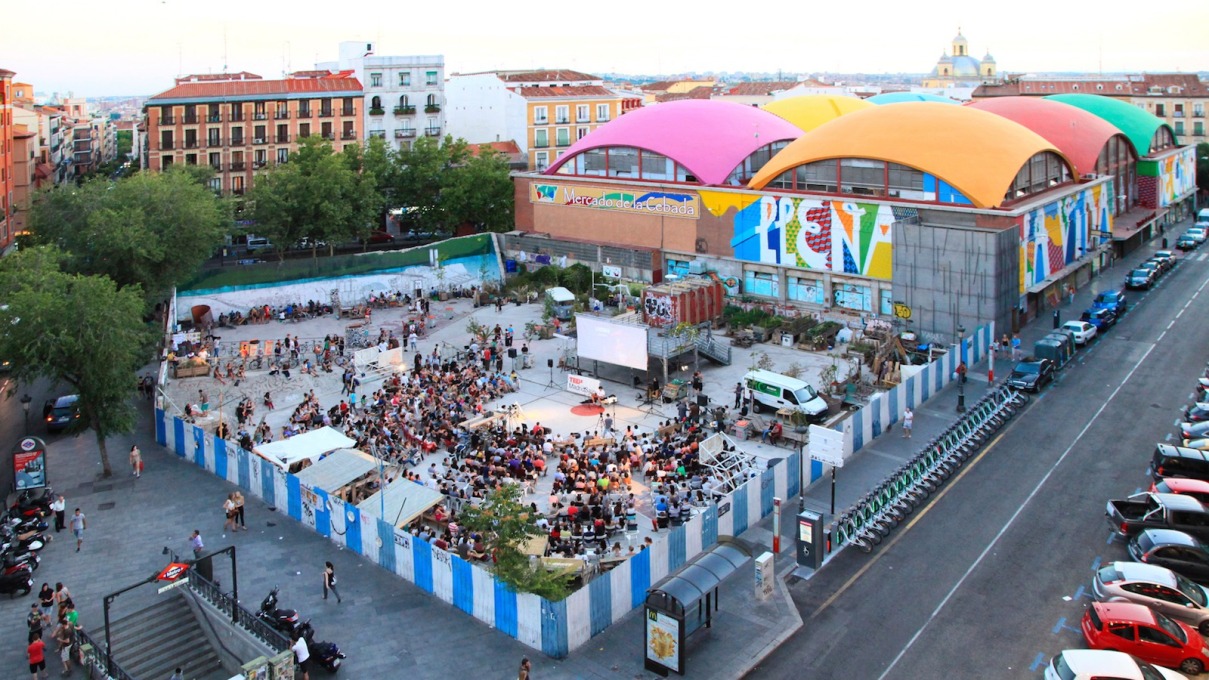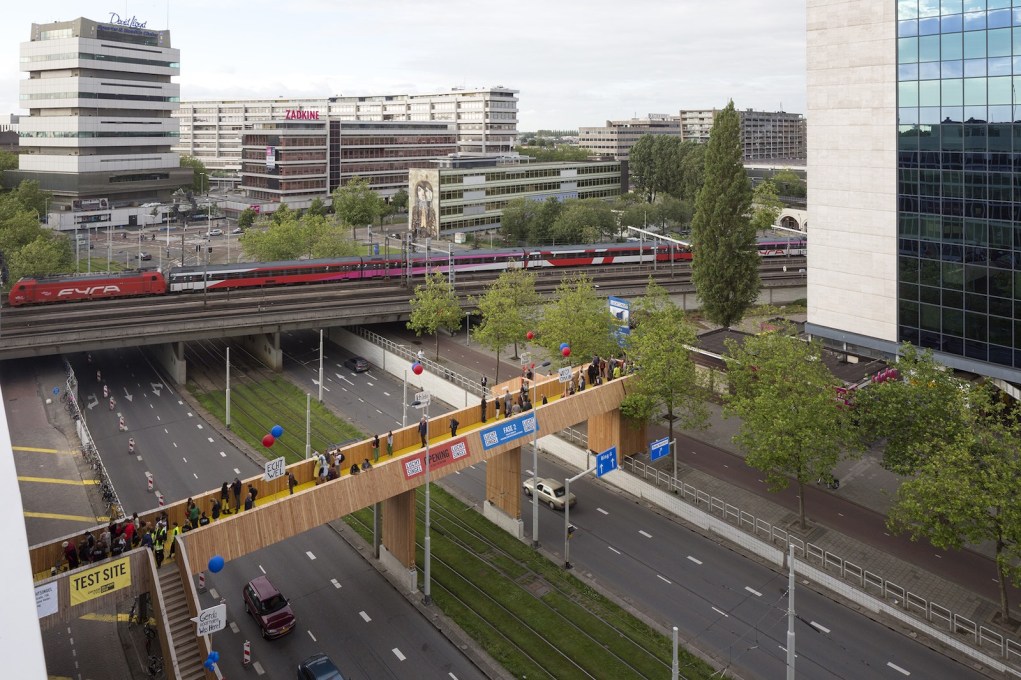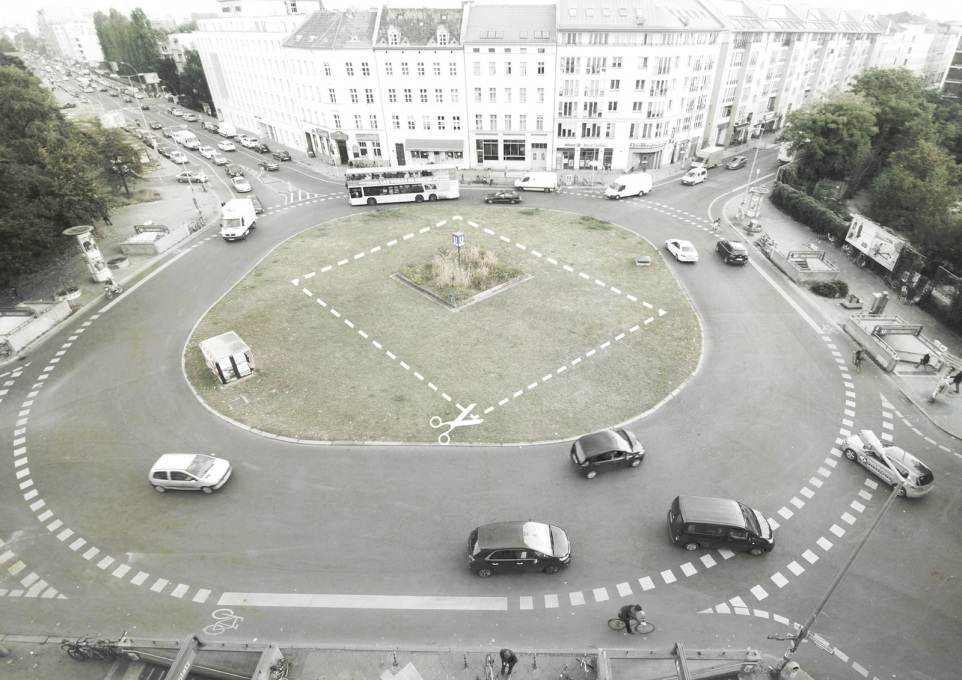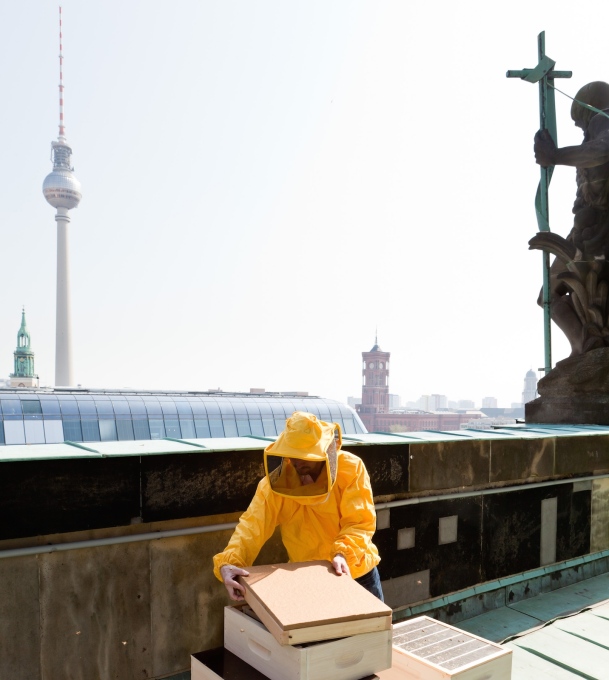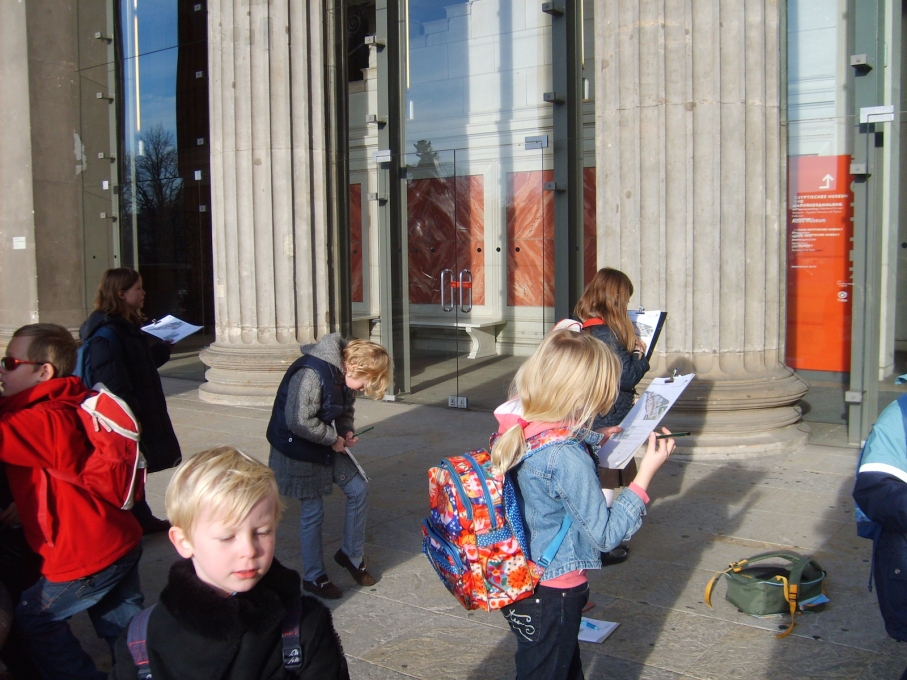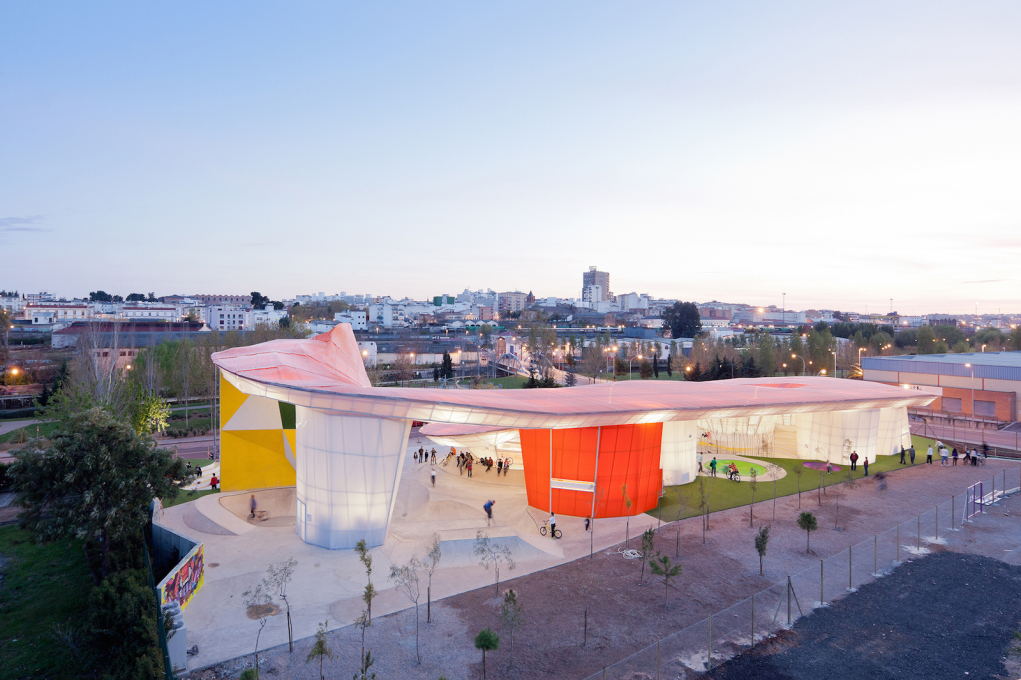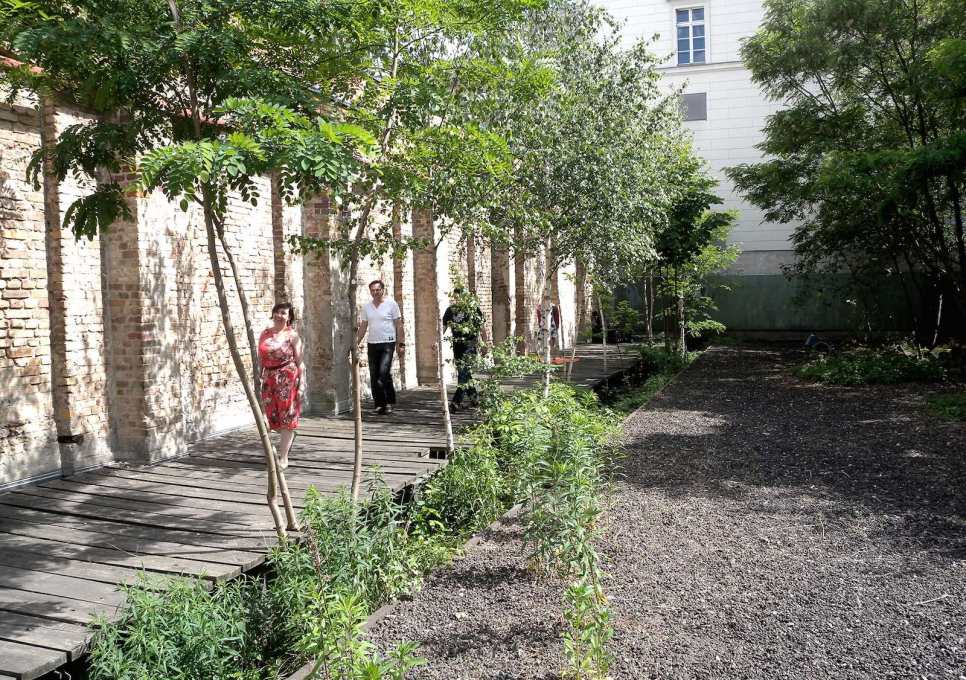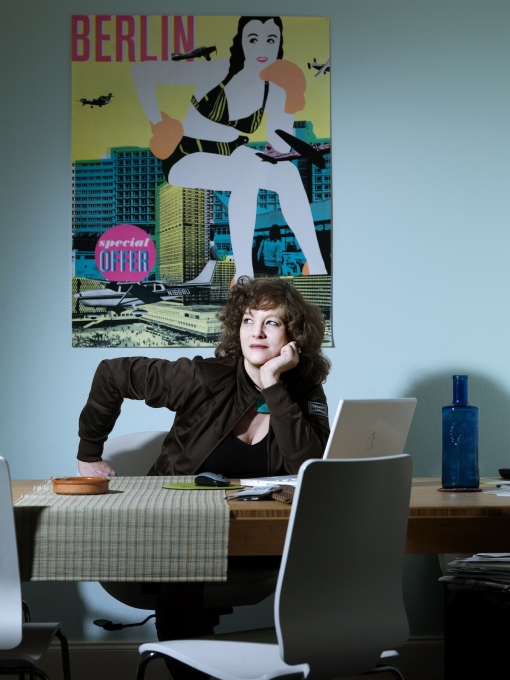Francesca Ferguson wrote in 2006 about the transformation of Berlin in an essay called Architecture minds the gap: Berlin’s fragmented urbanisation, referring to how the former Volkspalast (Palace of the Republic) had become a loaded metaphor for a more public and participatory architecture in the early 2000s, when the imminent demolition of this former parliament building of the GDR was a catalyst for several urban transformations in the city – relating the close and deep relationship of urban planning, economy and politics.
Almost ten years later, Ferguson’s ongoing interest in and understanding of Berlin is now being transformed into a city festival: Make City Berlin, A Festival for Architecture and Urban Alternatives. In the context of the festival – taking place from 11th to 28th of June 2015 and for which uncube are media partners – our correspondent Ethel Baraona Pohl took the opportunity to interview Francesca Ferguson regarding her motivation.
A good starting point could be to talk briefly about the context. You’re interest in urban issues, and in the city of Berlin itself. From your perspective, what has changed here in the urban field over the past 15 years that makes it relevant to talk about the city again?
The first thing is that the urban ground in Berlin in this period has increased in value; nowadays it is a magnet for creative industries, for start ups and investors. In Make City we will be talking about projects like “Silicon Allee”, and the behaviour of property developers. Over the past years there had been a lot of public land sold to the highest bidder. I felt that there were several tent discussions amongst architects and planners in general, about issues of the city development and the notion of public land or public property that needed to happen. And one of the pivotal reasons – quite recently in fact – is that the Federal Government started selling – on a national scale – federal-owned lands to the highest bidder.
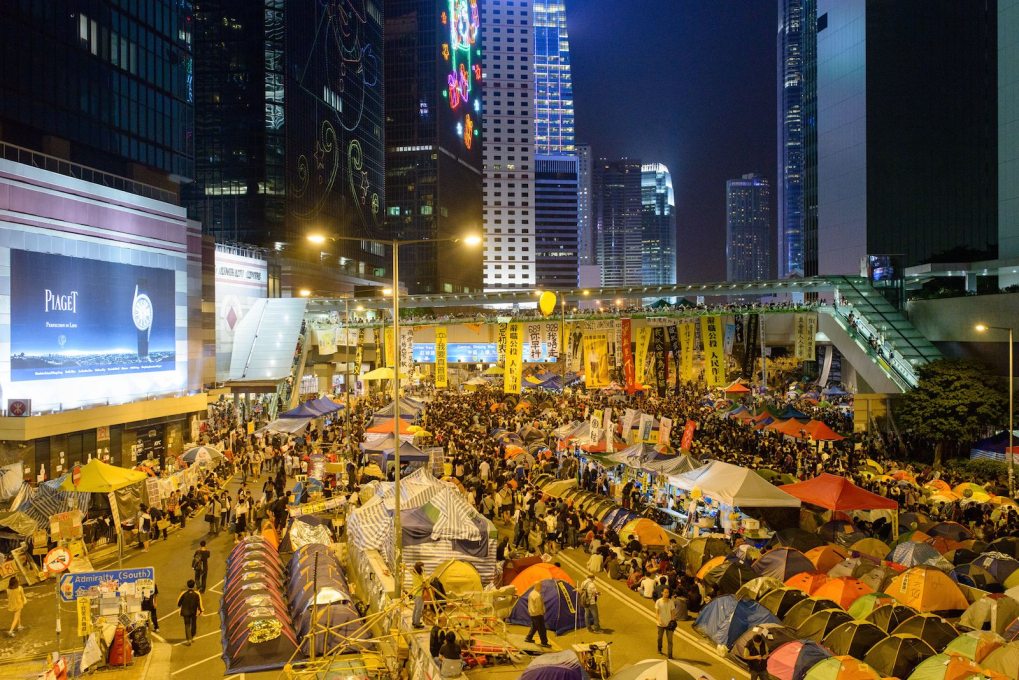
Berlin activists and civic groups are trying to stop the sale of the city-owned lands. The group Stadt von Unten has stopped the sale of the Dragoner-Areal in Kreuzberg, for example. This is a signal that there is grass-roots pressure in Berlin to rethink the selling of public land and to introduce what they call “conceptual development”, to make potential developers and investors find a concept if they’re going to build on public lands. A concept that includes some sort of social connection and value that is generated by the project, not just the usual high-end loft-living or startup co-working spaces.
And the reaction of architects?
Over the past eight to ten years there has been huge amount of medium- and small-scale projects developed initiated, realised and financed by the architects as their own clients: the architect as developer. And there is a growing civic movement, which has made itself very strong and vociferous: there have been round table discussions about öffentlichem land (public space) and projects like Stadt neu denken (think your new city); and there has been increasing pressure on the government to rethink their current policy of selling off land.
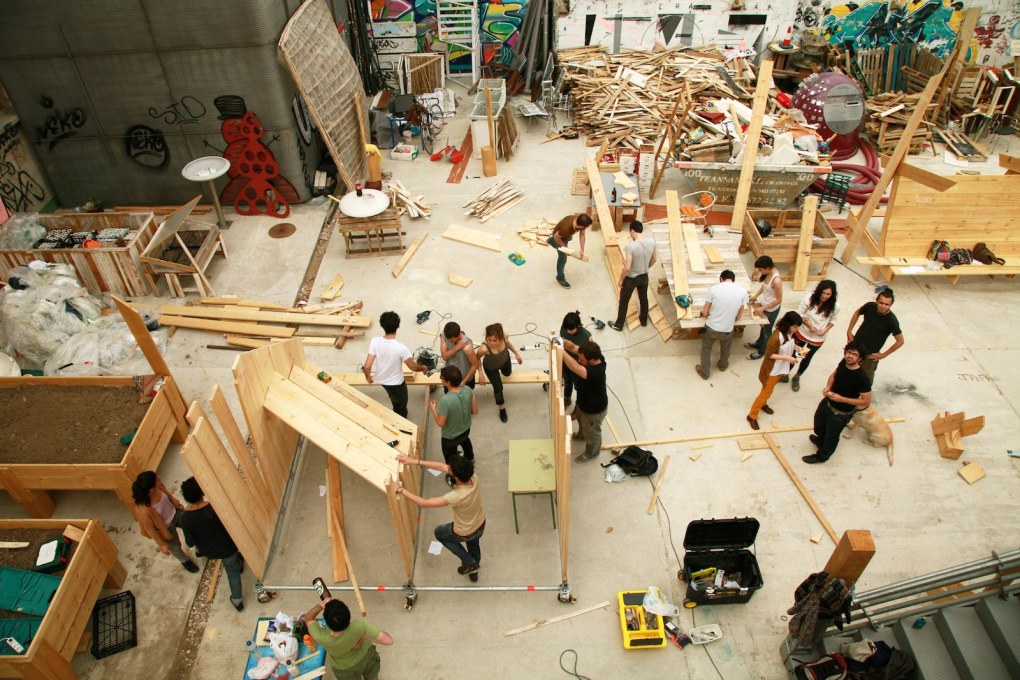
I didn’t know there were such strong city movements in Berlin. What we see in the mass media about cities in Spain or Greece is usually related to the strong connection between grassroots movements and public space; they occupy public space in a very visible way. But in Berlin the most recent and well-known initiative – internationally – was the referendum about the future of the former Templehof airport.
For me this was a major moment, a defining moment. This is a place where you have a lot of ad-hoc, small scale interventions,with landscape architects like Atelier le Balto creating temporary gardens, among others. Now there is an official swing and a change towards large-scale garden developments like the Gleisdreieck Park, and in this context, I think there’s a huge scene formed by a mix of citizens, and practitioners.
The freelancer cultural scene in Berlin increasingly feels that it’s just not enough to do yet another small-scale intervention in some space in between buildings. It is not enough, because there’s now an urgency to the situation: just think how much land has been sold off to the highest bidder; and some of these nice, social, civic projects like the Prinzessinnengärten, also have a layer of political aggression and intensity.
But the problem is that the scene itself is quite diverse. Round tables for public land are a typical case: there are people from the night club scene, for example, architects and planners, people from the Green Party, local administrators and local politicians as well as cultural groups who are basically artists, media writers and curators, who are also pushing for more funding. So, the scene itself is quite diverse and these round tables in Berlin have a lot of mediators working very intensely. It’s a strange situation.
There is no 100 percent official acknowledgment of these civic movements. The Berlin city administration, with the new Mayor – who is the former head of planning – is definitely more open to all these kind of projects, to a “Berlin model”, and to rethinking how quickly are we effectively giving away the things that are most precious about the city, purely based on a fast profit incentive.
I think it’s very brave and very provocative that you are bringing together all these people for the festival, because the years of so-called Tactical Urbanism and bottom up initiatives need to evolve and transform now into something more stable, stronger...
Exactly.
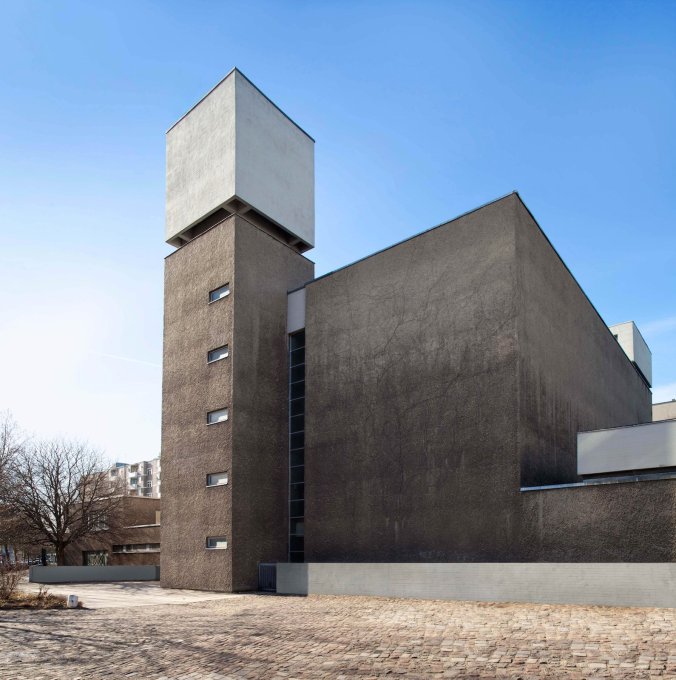
That’s why the kind of programme you’re working on in the Make City Festival is so important; to strengthen the relationship between all these different agents.
Well, I have to say one thing also: I’m a little older now and I’m more pragmatic. I mean, I have been to so many conferences, to so many exhibitions, about bottom-up, nice, little interventions in green parking spaces and I really have had have enough of this “nice” artistic driven stuff.
Interventions in the city are not enough. London did it well for a while when they had Ken Livingstone as mayor allied with Richard Rogers; and there were projects like urban think tanks working on designing London. This was a real body of people that made it possible to question fundamentals; like how the areas around the Olympic village would be developed, for example. There is a good group of established architects like Muf, or the young collective Assemble who have just been nominated for the Turner Prize – recognition like this is good.
Why do you think that this has not happened here? Especially since Berlin was one of the first cities to support this kind of movement.
To be honest, I know so many people, architects and planners, and also curators, who managed to get a conference financed, which is all very nice. But on a more profound level, I have to say that most of the conversations I had in the last year and a half with architects, who ended up becoming founder partners of this festival, were about the fact that we don’t see our cultural field pushing for more innovative architecture, more innovative urban planning, new floor plans, building in wood in the city, building high rises out of wood, and so on. We do not see our work being acknowledged and recognised. I don’t understand this because fifteen or twenty years ago the City of Berlin was heavily investing in promoting the creative industry. I feel this is a missed opportunity.
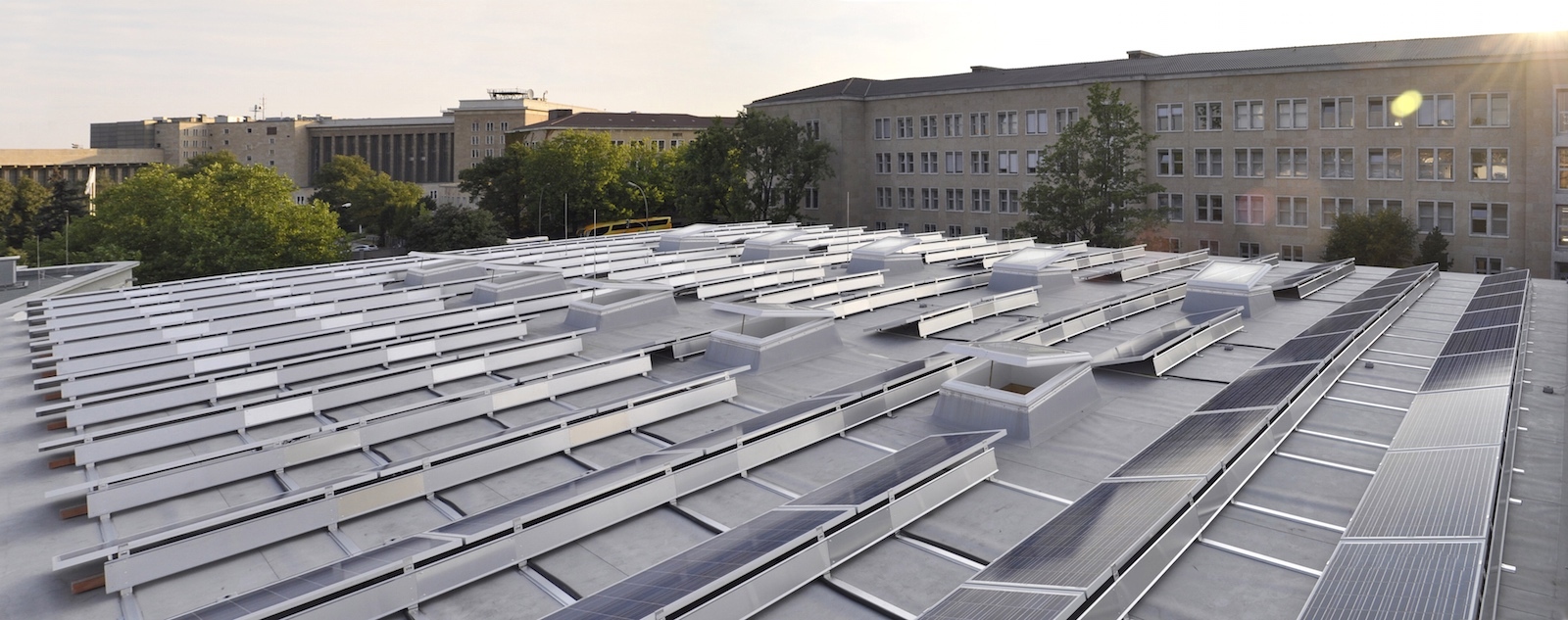
Indeed. That is why I was wondering what has happened since then…
I think it’s because architects are very individualistic, very heterogeneous and they are often beset with vanities. It’s very hard to get architects to speak with one voice. Thus it’s difficult, with so many voices and so much competition, to be listened to by the Senate. I don’t understand this behaviour, because there are lots of things happening – and not just in Berlin – for example the idea of cohousing, of co-finance and the revival of the notion of something collective. These are solutions for crises around the world.
This city is a place that attracts people with the notion that there is something happening here and that there is still free space, but that may be an illusion now. But nevertheless, Berlin is a great attractor and it generates a huge amount of optimistic pragmatism in young practitioners and motivates them to work on radical solutions – even without having a client.
There’s a very exciting paradigm shift at the moment where you have as much pragmatic optimism as you have kickback anti-reactions against gentrification and traditional developers.
But here comes the controversy: all these creative industries, including the people that are driven by this pragmatic optimism, usually come hand by hand with gentrification – and precarity. How do you think that your festival can be a platform to discuss all these topics, all this controversial issues?
Yes, you’re right. But how else can we do it? I don’t know. Perhaps we don’t have any illusions anymore because we’re immersed in a late-capitalist system. Saskia Sassen talks about this in her recent book Expulsions, about the invisibility of big money, which is just about maximising profit. The only way, I think, is to get architects and planners into a discussion at least with the developers, showing that there is a way of doing something other than immediately maximising your profit. There is a way of developing processes that generate a kind of alternative sense of value – of bringing social and cultural value in a development.
– Interview by Ethel Baraona Pohl. Ethel is a critic, blogger and curator, co-founder of dpr-barcelona, editor of Quaderns and uncube correspondent.
– Francesca Ferguson is a curator, journalist and critic based in Berlin. Founder of urban drift in the 1990s, she curated the German Pavilion at the 2004 Venice Architecture Biennial and was previously director of the Swiss Architecture Museum in Basel. In 2013 she was the author of “Make_shift City”, published by Jovis.
Make City: A Festival for Architecture and Urban Alternatives
June 11-28, 2015
Berlin
For the full programme see: makecity.berlin




